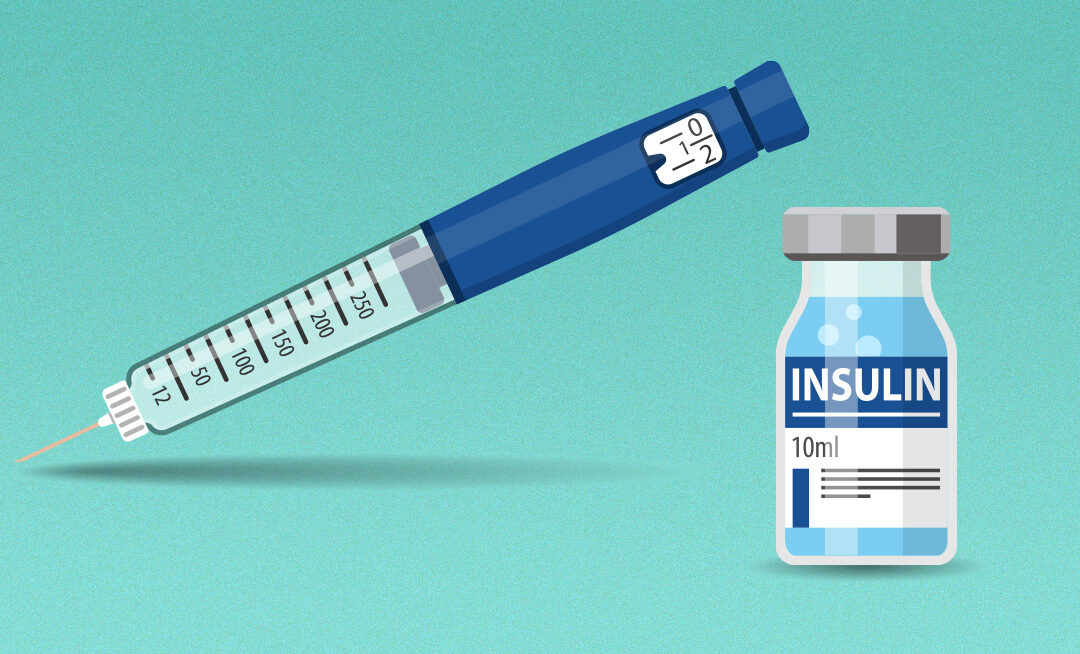Insulin therapy is a hormone produced by the pancreas that plays a crucial role in regulating blood sugar levels in the body. It allows cells to absorb glucose from the bloodstream and use it as a source of energy. For individuals with diabetes, their bodies either do not produce enough insulin or cannot effectively use the insulin they do produce. As a result, they may need to supplement their natural insulin with synthetic insulin injections.
When you eat, your body breaks down carbohydrates into glucose, which enters the bloodstream. In response to rising blood sugar levels, the pancreas releases insulin, which helps cells throughout the body absorb glucose and use it for energy. Insulin also helps to store any excess glucose in the liver for later use.

Without enough insulin or if the body becomes resistant to insulin’s effects, blood sugar levels can become too high, leading to a condition called diabetes. There are two main types of diabetes: type 1 diabetes, where the body doesn’t produce insulin, and type 2 diabetes, where the body either doesn’t produce enough insulin or becomes resistant to its effects.
Types of Insulin
There are several types of insulin available, each with its own unique characteristics. Rapid-acting insulin, such as insulin lispro, starts working within 15 minutes and peaks in about an hour. Short-acting insulin, like regular insulin, takes effect within 30 minutes and peaks in 2 to 3 hours. Intermediate-acting insulin, such as NPH insulin, starts working within 1 to 2 hours and peaks in 4 to 12 hours. Long-acting insulin, such as insulin glargine, has a slow onset and provides a steady release of insulin over a longer duration. Your healthcare provider will determine the most suitable type of insulin for your specific needs.
Uses of Insulin
Insulin is primarily used to manage diabetes, a condition characterized by high blood sugar levels. It is an essential treatment for individuals with type 1 diabetes, where the pancreas does not produce any insulin at all. People with type 2 diabetes, a condition where the body becomes resistant to insulin or does not produce enough, may also require insulin therapy. In addition to diabetes management, insulin is sometimes used in the treatment of gestational diabetes during pregnancy and for certain medical conditions like diabetic ketoacidosis.
Buy Insulin from Daily Chemist
When it comes to purchasing insulin, it’s important to ensure you are obtaining it from a reliable source. Daily Chemist is a trusted online pharmacy that offers a wide range of insulin products. With a simple and secure ordering process, you can conveniently purchase your required insulin from the comfort of your own home. Daily Chemist provides genuine insulin medications from reputable manufacturers, ensuring you receive high-quality products that meet all safety standards. Take care of your health by choosing Daily Chemist for all your insulin needs.
Side effects of Insulin
While insulin is generally safe and well-tolerated, it may cause some side effects in certain individuals. Common side effects include injection site reactions like redness, swelling, or itching. These usually subside within a few days. Some people may experience low blood sugar levels (hypoglycemia) if the insulin dose is too high or if they skip a meal. Symptoms of hypoglycemia include dizziness, shakiness, sweating, and confusion. It’s important to discuss any concerns or side effects with your healthcare provider to ensure proper management and adjustment of your insulin therapy.


